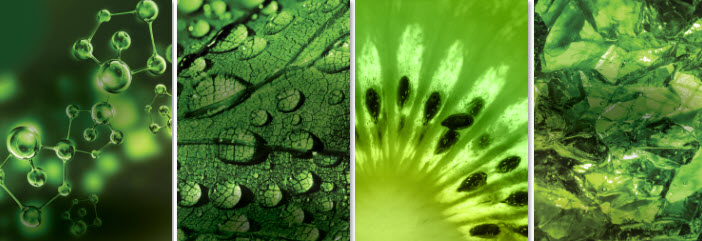Our solution:
State-of-the-art paddle dryers to valorize the sludge
ANDRITZ has been contracted in Dubai to design and supply a sludge drying plant. The purpose of drying the sludge is to reduce its volume, make it safer to handle, and suitable for re-use on the land. At the Jebel Ali plant, ANDRITZ will initially install three paddle dryer lines, with space and facilities for a fourth unit.
The paddle dryer is a contact dryer with indirect heat transfer designed to accept different types of sludge, which makes it suitable for centralized drying plants such as Jebel Ali. Each line will consist of a paddle dryer model GPD 17W300, the largest-size ANDRITZ paddle dryer, and will be supplied with all ancillary equipment, including a heating system.
Each of the three paddle dryers will be able to dry 5.6 tons per hour of dewatered sludge, from 22% DS to 92% DS. The entire drying plant is designed to handle 453 tons of sludge per day.









